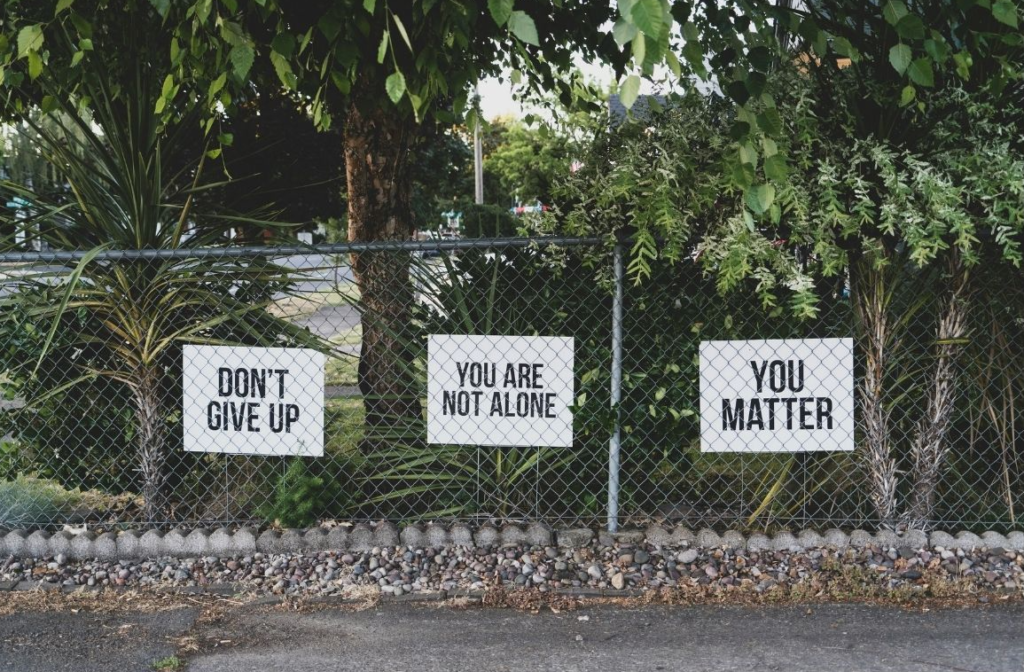Mental health is a crucial aspect of our overall well-being, yet it is often surrounded by misconceptions and myths. These myths can prevent people from seeking the help they need and perpetuate stigma. In this blog, we’ll debunk the top 10 myths about mental health, providing accurate information to help you understand and support mental health better.
Internal link: https://visa.javanet247.com/
Myth 1: Mental Health Problems Are Rare
Reality: Mental health issues are incredibly common. According to the World Health Organization, one in four people will be affected by mental or neurological disorders at some point in their lives1. Conditions like depression, anxiety, and bipolar disorder are widespread and can affect anyone, regardless of age, gender, or background.
Myth 2: Mental Health Problems Are a Sign of Weakness
Reality: Mental health issues are not a sign of personal weakness. They are medical conditions that can result from a variety of factors, including genetics, brain chemistry, trauma, and life experiences2. Just as you wouldn’t consider someone weak for having diabetes or heart disease, the same understanding should apply to mental health conditions.
Myth 3: People with Mental Health Issues Are Violent
Reality: The majority of people with mental health conditions are not violent. In fact, they are more likely to be victims of violence than perpetrators3. This myth is perpetuated by media portrayals that often link mental illness with violence, which is misleading and harmful.
Myth 4: Mental Health Problems Are Permanent
Reality: Many people with mental health conditions recover completely or can manage their symptoms effectively with the right treatment and support4. Therapy, medication, lifestyle changes, and support from loved ones can all contribute to recovery and improved quality of life.
Myth 5: Therapy Is a Waste of Time
Reality: Therapy can be incredibly beneficial for many people. It provides a safe space to explore thoughts and feelings, develop coping strategies, and work through issues. Different types of therapy, such as cognitive-behavioral therapy (CBT) and psychotherapy, have been proven effective in treating various mental health conditions.
Myth 6: Children Don’t Experience Mental Health Issues
Reality: Mental health issues can affect people of all ages, including children. Conditions like anxiety, depression, and ADHD are common among young people. Early intervention and treatment are crucial for helping children manage their mental health and lead healthy, fulfilling lives.
Myth 7: Mental Health Problems Are All in Your Head
Reality: While mental health conditions do affect the brain, they are not “just in your head.” They can have physical symptoms and impact overall health. For example, depression can cause fatigue, changes in appetite, and sleep disturbances. Mental health is interconnected with physical health, and both need to be addressed for overall well-being.
Myth 8: You Can Just Snap Out of It
Reality: Mental health conditions are not something you can simply “snap out of.” They require proper treatment and support. Telling someone to “snap out of it” can be dismissive and harmful. Instead, offering understanding and encouraging them to seek professional help is more supportive.
Myth 9: Medication Is the Only Solution
Reality: While medication can be an important part of treatment for some people, it is not the only solution. Therapy, lifestyle changes, and support from loved ones can also play significant roles in managing mental health conditions. A comprehensive treatment plan often includes a combination of these approaches.
Myth 10: Mental Health Issues Are a Result of Bad Parenting
Reality: Mental health conditions are complex and can result from a variety of factors, including genetics, environment, and life experiences. Blaming parents oversimplifies the issue and can be harmful. It’s important to understand that mental health conditions are not anyone’s fault.
External link: https://prolegal.techarmz.com/how-to-grow-plants-without-soi.html
Conclusion
Understanding the realities of mental health is crucial for breaking down stigma and supporting those who are affected. By debunking these myths, we can create a more informed and compassionate society. Remember, mental health is just as important as physical health, and seeking help is a sign of strength, not weakness.
If you or someone you know is struggling with mental health issues, don’t hesitate to reach out for help. There are many resources available, and support is just a call or click away.
By addressing these myths and providing accurate information, we can help create a more supportive environment for everyone. Let’s continue to educate ourselves and others about the importance of mental health.
Hope this blog helps in spreading awareness and understanding about mental health. If you have any more questions or need further assistance, feel free to ask!


